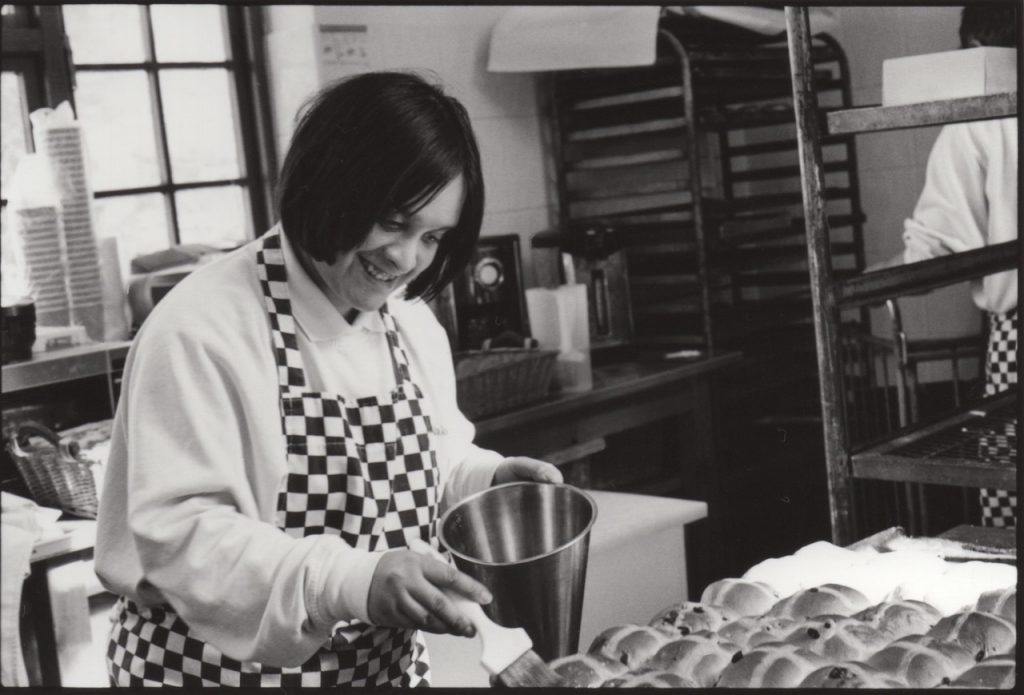
In a piece for the Byline Times, I call for a more accurate reflection the lives of those with learning disabilities in society and the media, and explains how my new book of essays, written by learning disabled people, aims to change the narrative.
Say the words “learning disability” to most people and they will probably think of headlines about care scandals or welfare cuts. That’s if they think of anything at all.
The latest figures from NHS England show that 451 people who have died from the Coronavirus since 24 March were recorded as having a learning disability or autism. According to the Care Quality Commission, there has been a 175% increase in unexpected deaths among this group of people compared to last year.
Mainstream media coverage of the Coronavirus reflects a nonchalance. Give or take the odd exception, the reporting has failed to acknowledge the impact of the pandemic on the UK’s 1.5 million learning disabled people like my youngest sister Raana.
Outside of COVID-19, if learning disability issues hit the headlines, they usually reinforce stereotypes about “vulnerable people” unable to fend for themselves. And when a story makes the media, it rarely includes direct words from someone with a learning disability.
This is the reason for the book Made Possible: Stories of Success by People with Learning Disabilities. The anthology, which I edited, challenges stereotypes through the stories of people whose achievements are awe-inspiring – regardless of their disability. They describe, in their own words, what needs to happen for learning disabled people to reach their potential. The powerful first-person experiences are from a human rights campaigner, a critically acclaimed actor, a civil rights activist, a singer-songwriter, an elite swimmer, a fine artist, an award-wining filmmaker and an elected mayor.
Read the rest of the article, first published in June, here
